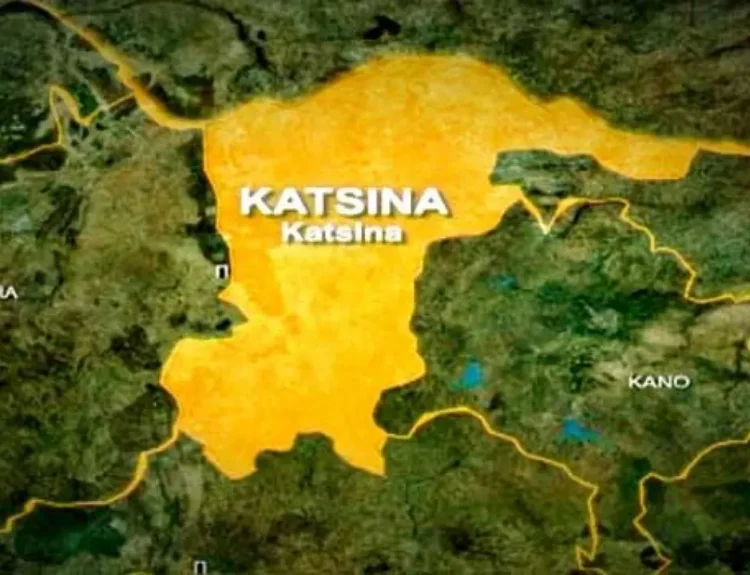Russia’s Federal Security Service asked a court on Monday to “immediately” ban United States tech giant, Meta, accusing it of working against Moscow’s interests during its special military operation in Ukraine.
The court was considering a request by prosecutors to designate Meta, the parent company of Facebook, Instagram and WhatsApp as an “extremist” organisation and ban it.
The move was part of sweeping efforts by Moscow to put a tight lid on information available to Russians about the conflict in Ukraine.
“The activities of the Meta organisation are directed against Russia and its armed forces,” FSB representative, Igor Kovalevsky told Moscow’s Tverskoi district court.
“We ask (the court) to ban Meta’s activities and oblige it to implement this ruling immediately,” he said.
After President Vladimir Putin sent troops into Ukraine on February 24, authorities blocked access in Russia to Facebook and Instagram, as well as to Twitter.
Meta had announced on March 10 that the platforms would allow statements like “death to Russian invaders” but not credible threats against civilians.
But in what appeared to be damage control, Meta’s global affairs president, Nick Clegg, later said the laxer rules would only apply to people posting from inside Ukraine.
In court, a Meta representative said that “following public debate” the company had now changed its policy and deemed that “Russophobia and calls for violence against Russian citizens are unacceptable”.
Russia’s Investigative Committee, which probed major crimes, said it was launching a probe “due to illegal calls for the murder of Russian nationals by employees of the American company, Meta”.
The General Prosecutor’s Office requested that the internet giant be branded “extremist”.
Meta boasts billions of users globally across its apps.
Facebook and Instagram were widely used in Russia and the latter was the most popular social media platform among young Russians.
For many small Russian businesses, Instagram was a key platform for advertising, processing sales and communicating with clients.
Twitter and Facebook had been inaccessible in Russia since early March and Instagram was blocked in the country a week ago.
AFP





2 Comments